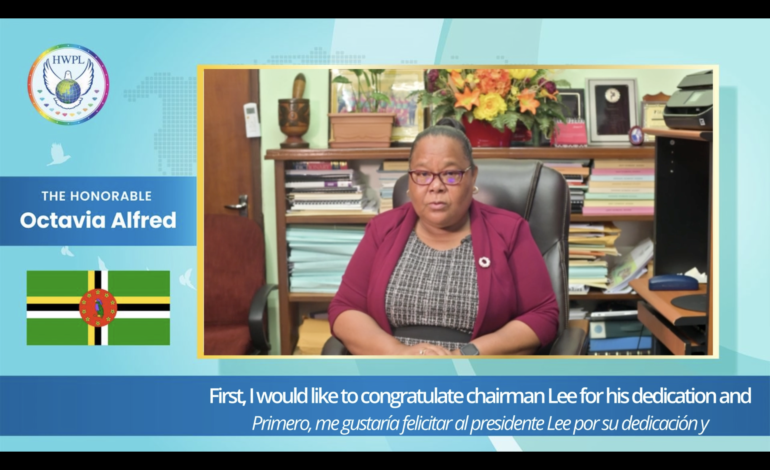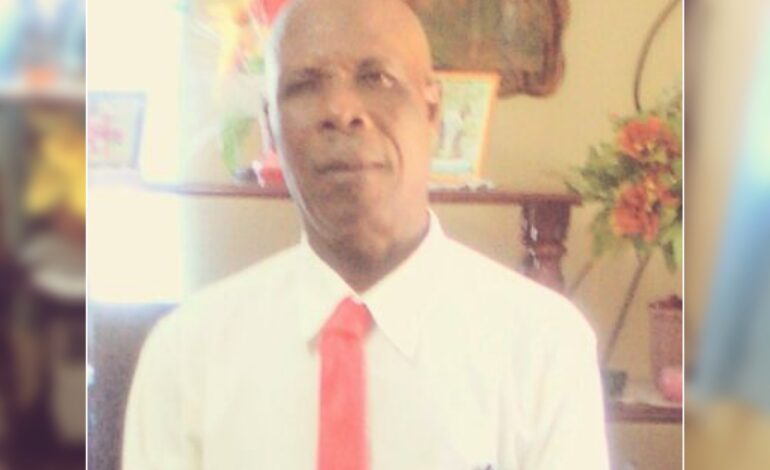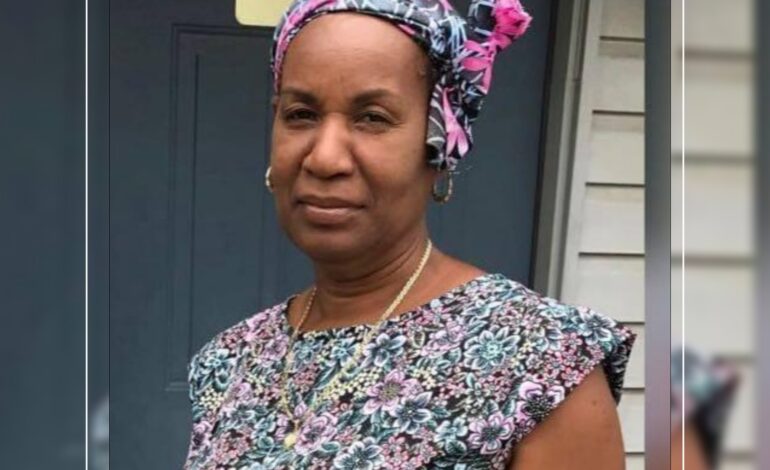
On Friday, September 23rd, HWPL hosted the 8th Anniversary World Peace Summit. This annual
commemoration is held every September, and this year’s event was a chance to celebrate the progress of peace work taking place across the Caribbean region. This year’s gathering commemorated the peace
promises made by leaders in politics, religion, journalism, women’s associations, and youth groups.
Since these promises were made, HWPL has been actively working in the Americas to gain support for the DPCW at all levels of government and civil society. The DPCW has been used in many ways; as a guide to create national constitutions that enhance peace, the force driving the implementation of peace education programs for youth and teachers, and the encouragement needed to galvanize communities to organize peace walks and dialogues. The DPCW empowers others and shows them that despite current circumstances and global challenges, peace is possible. Most importantly, those who believe that peace is possible are able to actively participate in creating real change through partnering with HWPL in its work with the DPCW.
HWPL and its partners first committed to working for world peace during the initial World Peace Summit in September 2014, and their pledges to work for peace have already seen great advancement. At this year’s event, partners for peace – new and old – shared progress on current peace initiatives, plans for the future, and overall results achieved by their nations thus far.
Mr. Rommel Santos Diaz shared the Dominican Republic’s passion for peace, stating: “We are committed to the promotion and dissemination of peace education through the Declaration of Peace and Cessation of War with Heavenly Culture World Peace Restoration of Light. […] We will continue to work with great
commitment together with HWPL to strengthen advocacy and key factors in the Dominican Republic in
regard to the Declaration of Peace and Cessation of War.”
Mr. Rommel Santos Diaz is the president of the Fundacion Federalista, teaches at INCE University, has
developed a program based on the DPCW handbook to teach the next generation of lawyers to advocate
for peace, and leads a coalition of NGO’s to implement the DPCW through a resolution presently under
review at the Senate.
The peace work accomplished across the Caribbean clearly did not occur in a vacuum. Hand in hand with public schools, governmental bodies, civil society groups, and many other partners, HWPL and its valued partners have been tirelessly working to promote sustainable development and the institutionalization of peace at all levels of society. At its core, everything HWPL does is to seek peace through the cessation of war and conflict worldwide.









